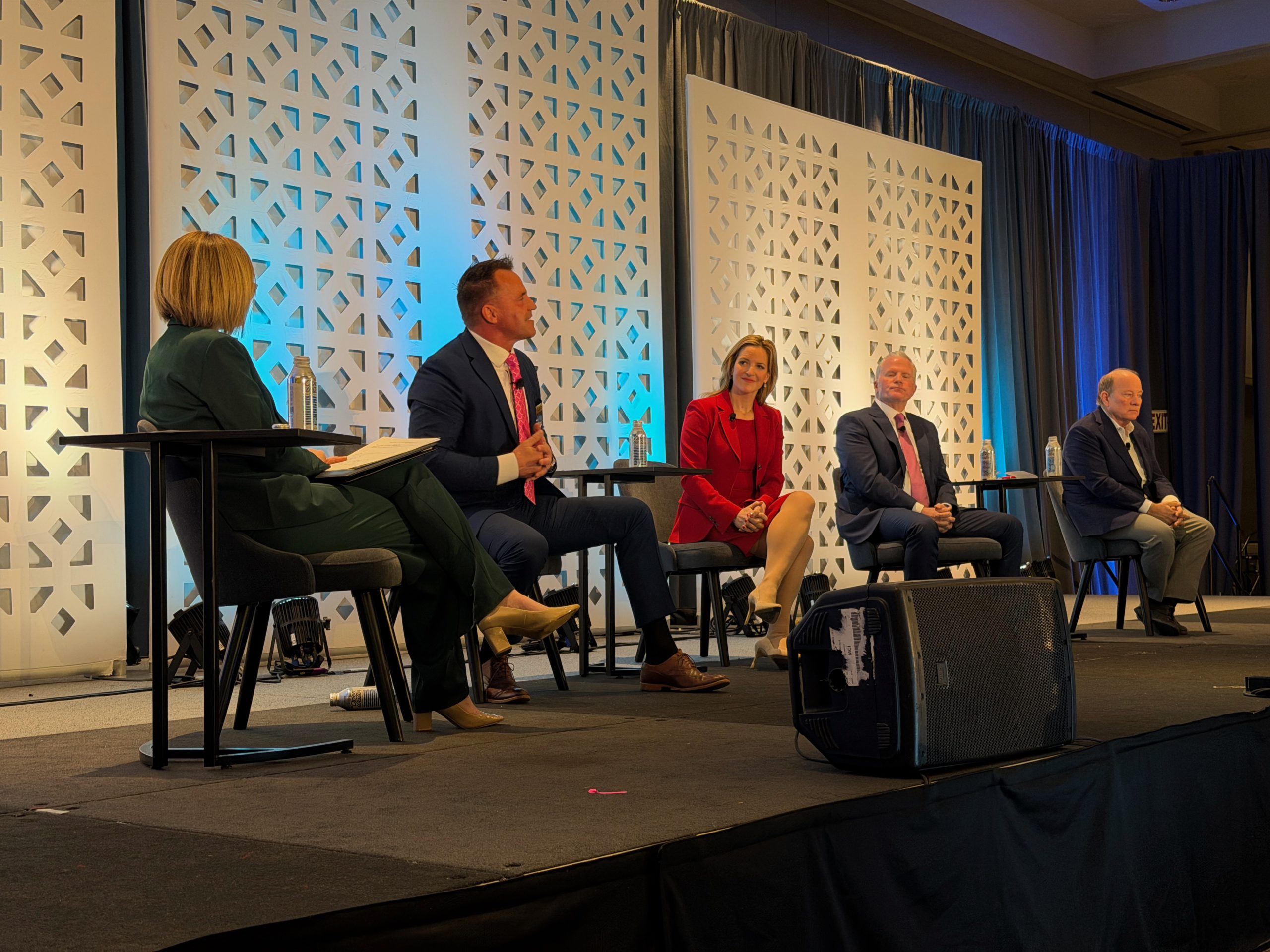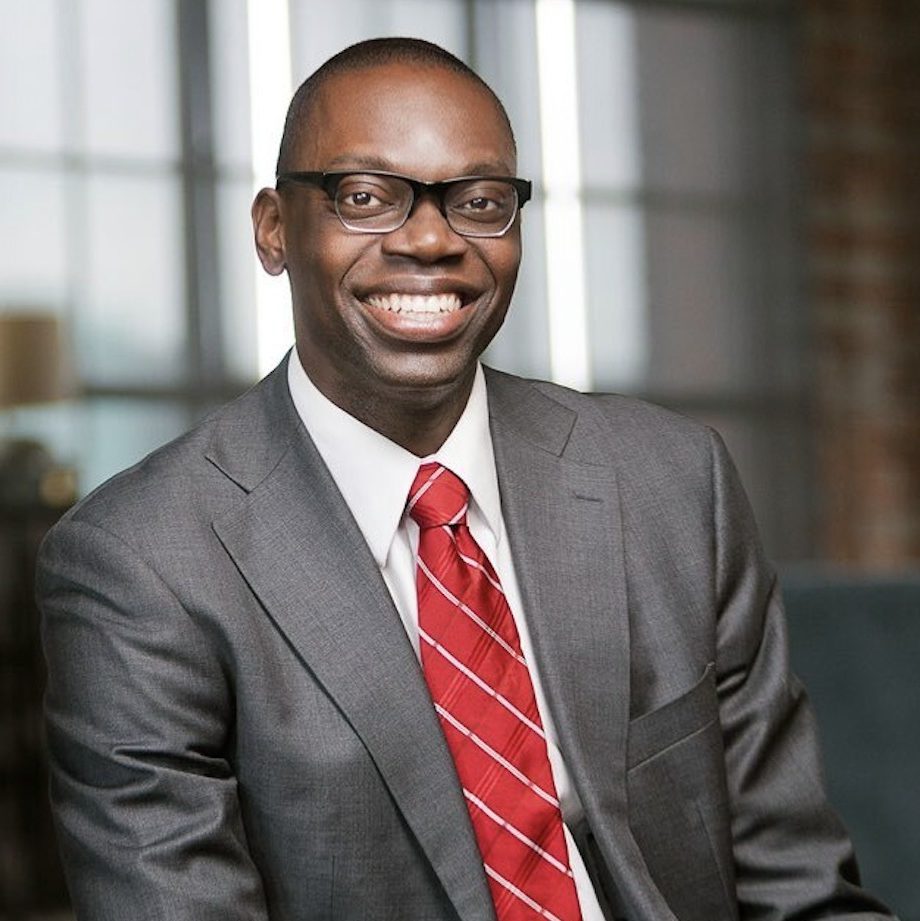Nessel Q&A from Statewide S&R Committee
Earlier this fall (prior to the Oxford tragedy), MEA’s Statewide Screening & Recommending Committee asked Attorney General Dana Nessel a variety of questions about education and labor issues in screening interviews prior to voting to continue her recommendation for re-election.
Here are some of her answers:
What is your personal experience with public schools as a student and/or parent?
Back in 2018, I told you about my son Zach, who was IEP designated and had a pretty rough go of it early on. He has had great successes educationally as a result of the very dedicated and loving teachers that helped him every step of the way, leading up to graduating with honors in June with a 3.85 GPA from Plymouth High School. He went into college a full semester ahead because of his AP classes and he is now at the second-best university in the United States of America, Michigan State University [laughter].
So thank you to the amazing work of the MEA teachers and other education staff that guided him through all of his years in public school. I think he’s going to have a bright future and it’s honestly due to those that worked so hard to help a kid who I was initially told would never learn to read or write. He’s come a long way since then and really, if that doesn’t demonstrate the role that public education has to play in a child’s life and in their future, I don’t know really what else does.
What are the biggest strengths of our current education system? What are our biggest challenges and what ideas do you have for addressing them?
I feel like it’s my job as the attorney general, in whatever way I can, to uplift the teaching profession and to make sure that I’m using my role and my microphone to highlight the great work of the educators around the state.
When I visited Lincoln Park [in September with MEA President Paula Herbart and NEA President Becky Pringle], I thought about my mom, who is a retired MEA member. She had been a special ed teacher in Lincoln Park and I had been the prosecutor at the 25th district court in Lincoln Park. She used to always ask me about my defendants – because she wanted to know if they were her former students. She had worked so hard to try to improve their lives but knew that she couldn’t always be successful because she and her colleagues didn’t have the resources they needed.
Now, I looked at the restorative practices they’re using in Lincoln Park and I thought about all of those kids that, if my mom was still a teacher, she’d be able to help so much more. All of the kids that never would’ve gotten into the criminal justice system because of the great work that folks are doing in that school district and in school districts around the state, in spite of incredibly difficult challenges.
I have this unique position where I’ve seen what happens to kids when they don’t have the right kind of education and we don’t have the right kind of practices in place because their districts have been starved of the money they need to provide the proper education.
We can break down what happens to children when we don’t make the investment in them early on and how much that costs society later. It costs minimally $40,000 a year to house a prisoner in the Michigan Department of Corrections each and every year. That’s just one year of incarceration – but think if you took that $40,000 and put it on the front end of that person’s life instead what they could accomplish.
I hate to break it down this way. I feel like for a lot of people though, I can say, “Hey, this is the right thing to do if we want to provide good futures for our state’s children – but if you don’t care about that, how about your pocketbook?”
That’s why I visited Lincoln Park and other districts engaged in fighting the “school-to-prison pipeline.” We’re talking about first graders, second graders, third graders – knowing that they are provided with these resources at that age, we’ll never need to see them in the criminal justice system later on. What that means for their lives, their family’s lives, and for all of us in the state, should be something that everybody’s on board with and everybody wants.
In this job, I can file lawsuits. I can take positions on lawsuits. I can write letters. But more than anything, I can use this soapbox to be an advocate for public education. If you’re pro-law and order, if you’re anti-crime, you ought to be pro-public education because that’s how you bring down crime is by educating people.
Can you tell us some examples of how your office has had an impact on public school employees and students in your first term?
There’s many cases I’m proud of, including at least two dozen cases against the Trump Administration during the time that he was in office. But the case I’m most proud of was one called Michigan v. DeVos, which had to do with Title I funding from the CARES Act. This was a brazenly illegal attempt to direct money away from our neediest children in the state and we were successful. We won. My department argued that case and we won at the District Court. And so resounding was the defeat that the U.S. Department of Education didn’t even appeal that ruling and as a result, the money was properly distributed. I was very proud for Michigan to take the lead on that case.
We’ve also been really active in pushing changes to rules as it pertains to equity and discipline, including fixing rules altered under the DeVos administration. In addition to Michigan, we got 22 other states to sign on to a letter about it and as a result, the Biden Administration is now changing course on that rule. Michigan is leading the way. Every case involving public education where students were being either discriminated against or the educational system that they rely on was in some way, shape, or form being diminished, Michigan has fought back and they have fought back under the Department of Attorney General.
When and how do you involve MEA in your administration and the MEA leadership in your decision-making process?
You know that we have an open door in my department. When I took office, we had not just the MEA, but really a lot of unions, that walked into the Williams Building and went up to the 7th floor and I saw everybody looking around like they hadn’t been there before. And I thought, “Holy cow. You guys have really never been here before.” Because for 16 years, frankly, unions were persona non grata in that building, and especially, especially the MEA. Well, that’s all changed now.
I think the most important thing that I can say in addition to the work that we’ve talked about already is that we have an open-door policy with the MEA. And it’s not just an open door like, “Come in here and we’ll kindly listen to what you have to say.” It’s about teaming up together. That’s why the school-prison pipeline project that we’ve been working on hand in hand with both the MEA and the NEA is so important, because it does show the work that AGs can do together with educators in our states, and the importance of that work.



